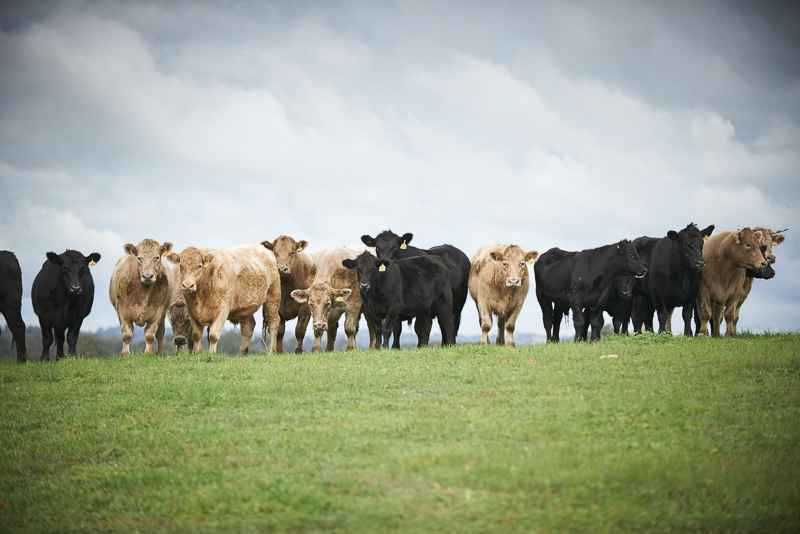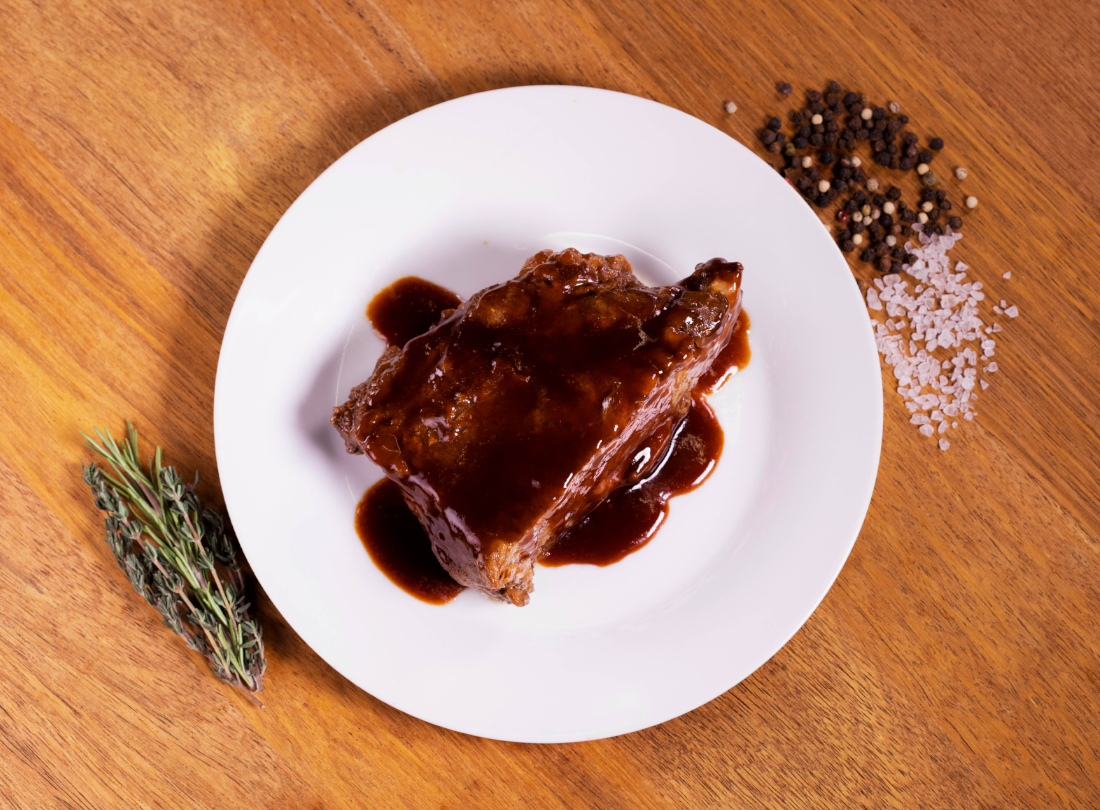

We’re sure you’ve heard the words ‘organic beef’ thrown around a lot at your local markets, restaurants and cafes – but have you ever wondered what organic beef actually means?
Australian Businesses can’t just slap ‘certified organic’ logos onto their packaging willy-nilly – in order to be classified as organic, Australian businesses must abide by the National Standard for Organic and Biodynamic Produce, which is set out by the Australian Department of Agriculture. Yes, it’s very serious stuff.
So… What Does ‘organic beef’ MEAN??
Organic Australian beef cattle are raised in a free-range environment with an emphasis on animal welfare and sustainable production systems. Organic cattle are raised on certified organic farms, which means they graze on 100 % chemical and GMO (genetically modified organism) free pastures and are not treated with hormones or antibiotics throughout their lifetime.
Although there isn’t any mandatory obligation for Australian businesses to certify their products as organic, many businesses do so to cater for consumers who want to eat organic produce. At Teys, we supply organic beef because we like to give our customers the option of purchasing beef that aligns with their values and beliefs.
For more information about the Australian organic industry, check out the Organic Federation of Australia (Australia’s peak organic body). Go on, we dare you.
How to Know an Organic Product When You See One
You can be assured that a product is organic when it displays the logo of a Department of Agriculture approved certifying organisation. At Teys Australia, we think organic beef is an important part of our supply chain, which is why our Beeleigh, Biloela and Naracoorte beef processing plants are certified organic by AUS-QUAL (an accredited organisation recognised by the Australian Government’s Department of Agriculture).
Australia’s Strict Organic Certification Requirements
Just some of the guidelines that the National Standard sets out for the production of organic beef include:
- No pesticides or chemical fertilisers are permitted in the growing of the animal’s feed
- No genetically modified organisms (GMOs) are permitted in the animal’s feed
- No animal byproducts are used in feed
- No antibiotics or growth hormones are permitted
- Third-party inspection and verification by an accredited certifying body are required
- A thorough audit trail is required to trace all certified organic products back to the farm of origin
- Ethical treatment of the animals is essential at all times
How do Businesses Become Certified Organic?
In order to gain organic certification, businesses must:
- Adhere to the relevant Organic Standards
- Have managed their property in accordance with the standards for a minimum of 3 years
- Be approved and licensed by a third-party organic certifier, as approved by the Department of Agriculture
Annual on-farm audits are then performed to ensure that certified organic business are continuing their compliance to the organic standard.
As you can see, a lot goes into Australian ‘organic’ certification. We hope we have equipped you with a little more knowledge about what ‘organic beef’ really means so that you can make informed choices when it comes to your beef purchases.
 Return to News
Return to News

















